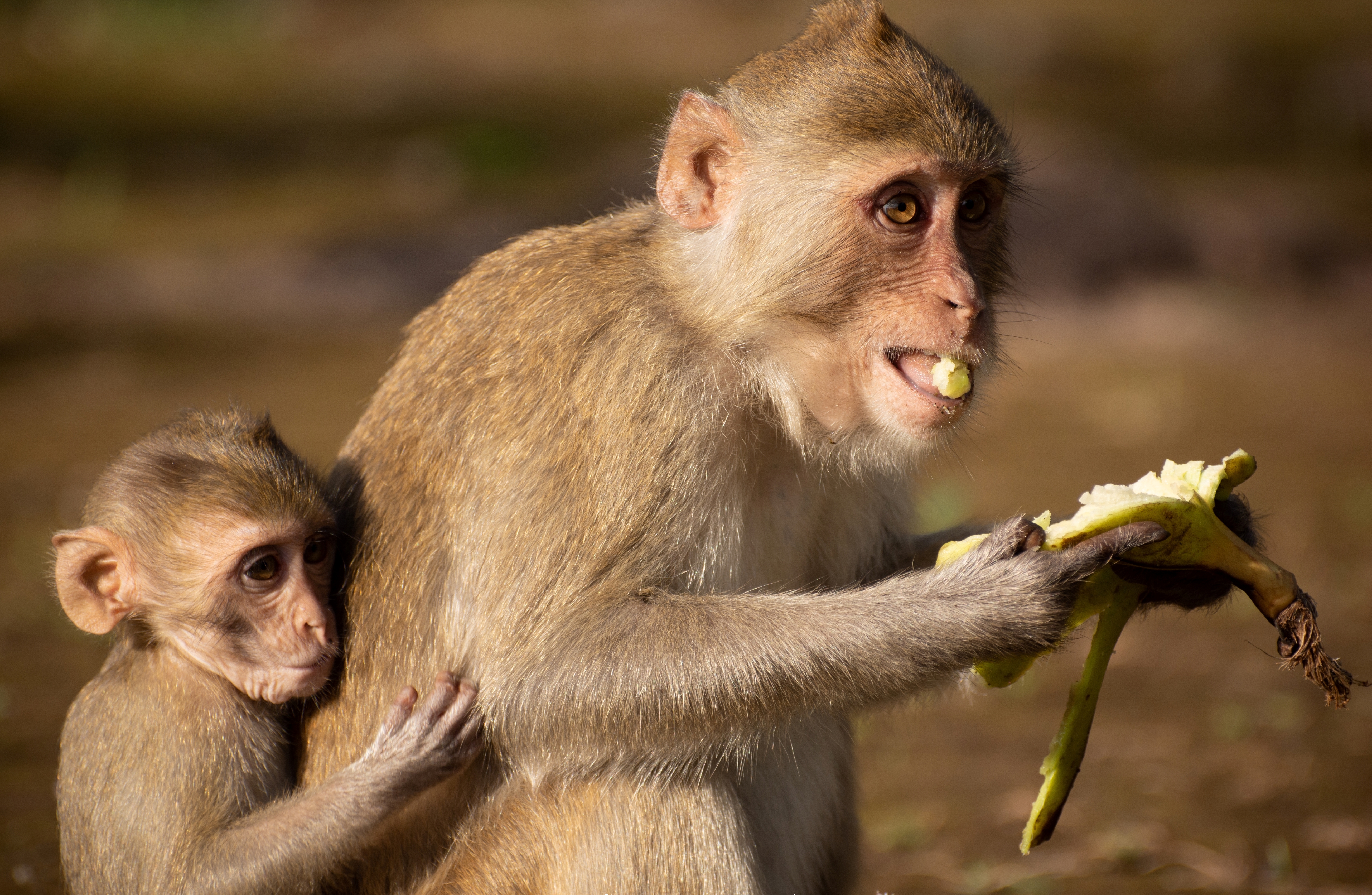It’s come to our attention that there are those walking among us who fear the possibility of encountering a nest of spider eggs at the bottom of their banana. And so, in the finest tradition of IFLScience, we’re here with a PSA: there are no spider eggs in your banana, and this is not something you need to worry about. Phew.
Arachnid expert Rod Crawford at the Burke Museum in Seattle has already been working overtime to dispel this and many other spider myths, so that’s where we’ll take our cue: “There is simply no chance for spider eggs to get into a banana.”
That seems pretty clear-cut, so it’s hard to understand where this misconception has come from. “This seems to be one of the newer urban legends,” Crawford writes. “I find no reference to it from before 2002, though two correspondents say they heard versions in the late 1970s; a third person, as early as 1960.”
Perhaps part of the problem is that while spiders in your bananas are not a realistic threat, spiders on your bananas – or indeed, other fruit – are definitely a documented phenomenon. Brazilian wandering spiders, for example, have been known to very occasionally hitch a ride in crates of bananas, although cases of mistaken identity are common. Remember: not all massive spiders are actually dangerous.
Either way, a large, eight-legged beastie with or without a bite that can cause hours-long erections is unlikely to go unnoticed for long. The paranoia about spider eggs, on the other hand, seems to revolve around the idea of them being hidden in the bottom of the fruit until the unhappy event that you bite into them.
Some have even suggested that avoiding rogue spiderlings is the reason monkeys tend to open bananas from the bottom up – and if you didn’t know they did it like that, there’s your fun fact for the day. While bananas are not a part of the wild monkey diet, when presented with them they’ll happily go to town as they would with any other fruit. But unlike most humans, monkeys tend to peel from the end with the black stub, holding the stalk with their feet for stability.

Note the unconventional peeling technique.
Image credit: Tozy Datsakorn/Shutterstock.com
Nifty, but nothing to do with arachnophobia. Because again, spider eggs can’t get inside bananas in the first place.
The theory goes that spiders lay their eggs in the flowers of the banana plant, which then somehow end up embedded within the fruit as it develops. Leaving aside for a minute the unlikelihood of an egg happily chilling at the bottom of a piece of fruit until a human peels it open and unleashes a torrent of newly hatched spider babies, flowers are just not great places to lay eggs.
Crawford explains that “banana flowers are narrow tubes,” adding, “In consumer varieties, the fruit grows from the ovary deep inside without fertilization.” No egg is surviving that process unscathed, even if it were there in the first place. “Not that eating spider eggs would cause any harm even if this fantasy were true!” Crawford concludes.
Hopefully that has set your mind at ease. Our advice? Go ahead and enjoy that banana – black nub, stringy bits, peel, and all – before the bananapocalypse gets them.
Source Link: There Are No Spider Eggs In Your Banana, So You Can Relax Now